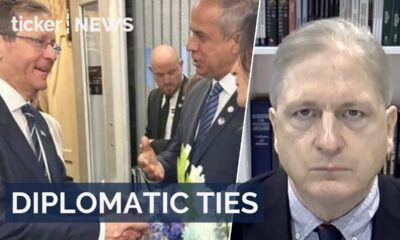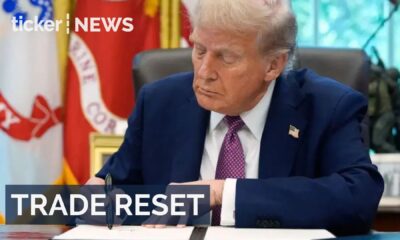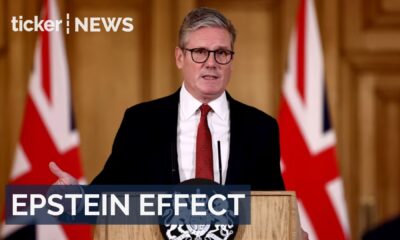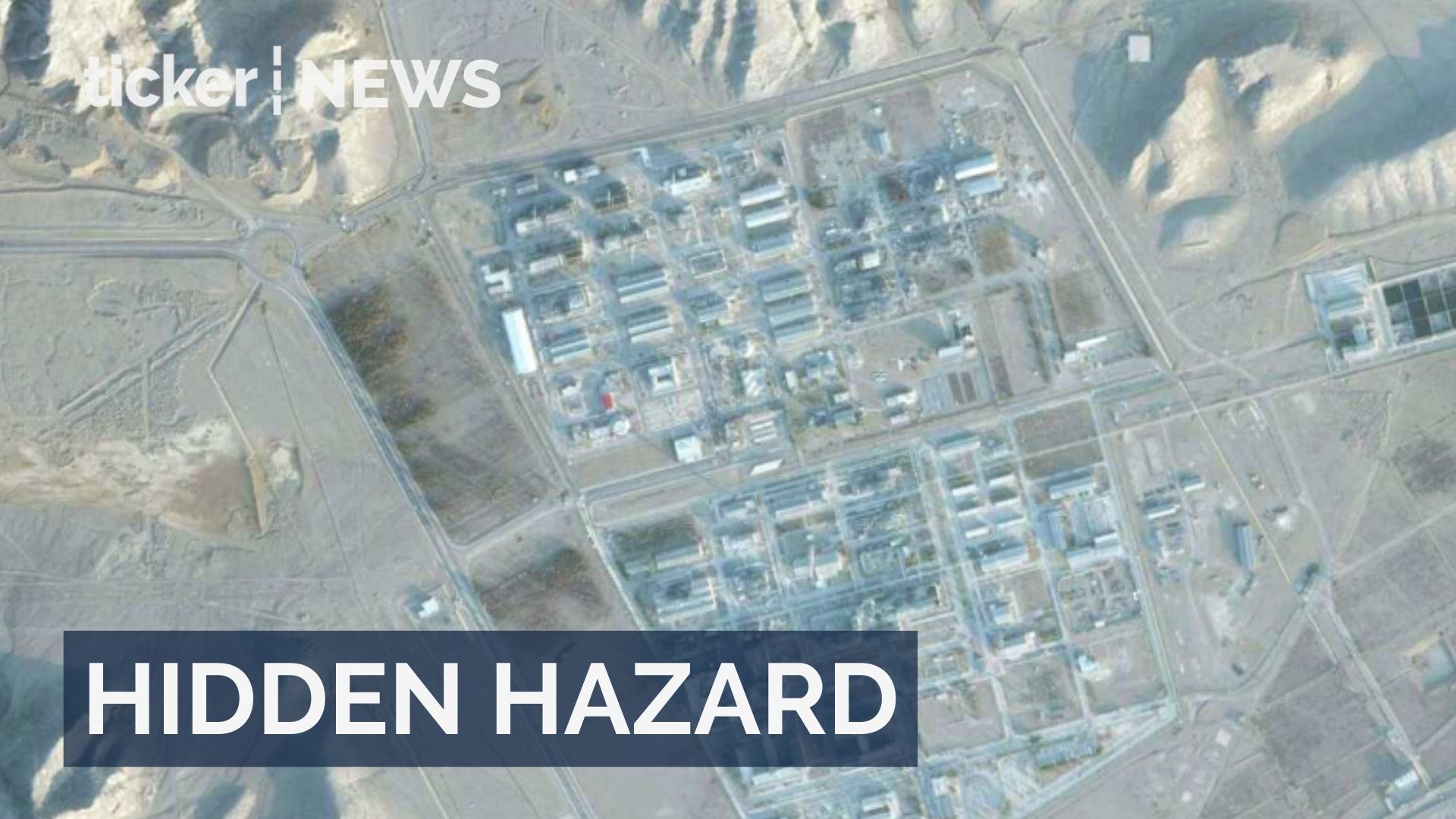News
Trump’s tariffs threaten Australia’s pharmaceutical industry prices
Trump’s tariffs may jeopardise Australia’s $1.1 billion pharmaceutical exports, risking essential medicine prices and healthcare quality.

News
Iran buries nuclear site entrances amid rising tensions with the U.S.
News
Armed figure seen on CCTV as search intensifies for Savannah Guthries mother
CCTV shows armed figure near Nancy Guthrie’s home as search for the missing 84-year-old mother continues into week two.
News
Trump hints at military pressure as U.S. and Iran resume nuclear talks
US-Iran restart nuclear talks in Oman amid cautious optimism, while Trump considers military escalation and Israel demands stricter missile terms.
-



 Ticker Views2 days ago
Ticker Views2 days agoIsraeli President Herzog visits Australia amid rising antisemitism
-



 Tech2 days ago
Tech2 days agoClaude AI is transforming software engineering and productivity
-



 News2 days ago
News2 days agoJapan election delivers commanding win for ruling LDP
-



 News3 days ago
News3 days agoRussia missile strikes force Ukraine nuclear plants offline amid safety fears
-



 News4 days ago
News4 days agoTrump lifts India tariffs after New Delhi halts Russian oil imports
-



 Money2 days ago
Money2 days agoTech stocks slide as investors rotate into small-cap and value plays
-



 News1 day ago
News1 day agoPM Keir Starmer facing his biggest leadership crisis yet
-



 Ticker Views1 day ago
Ticker Views1 day agoU.S. ambassador responds to NATO criticism at Munich Security Conference






